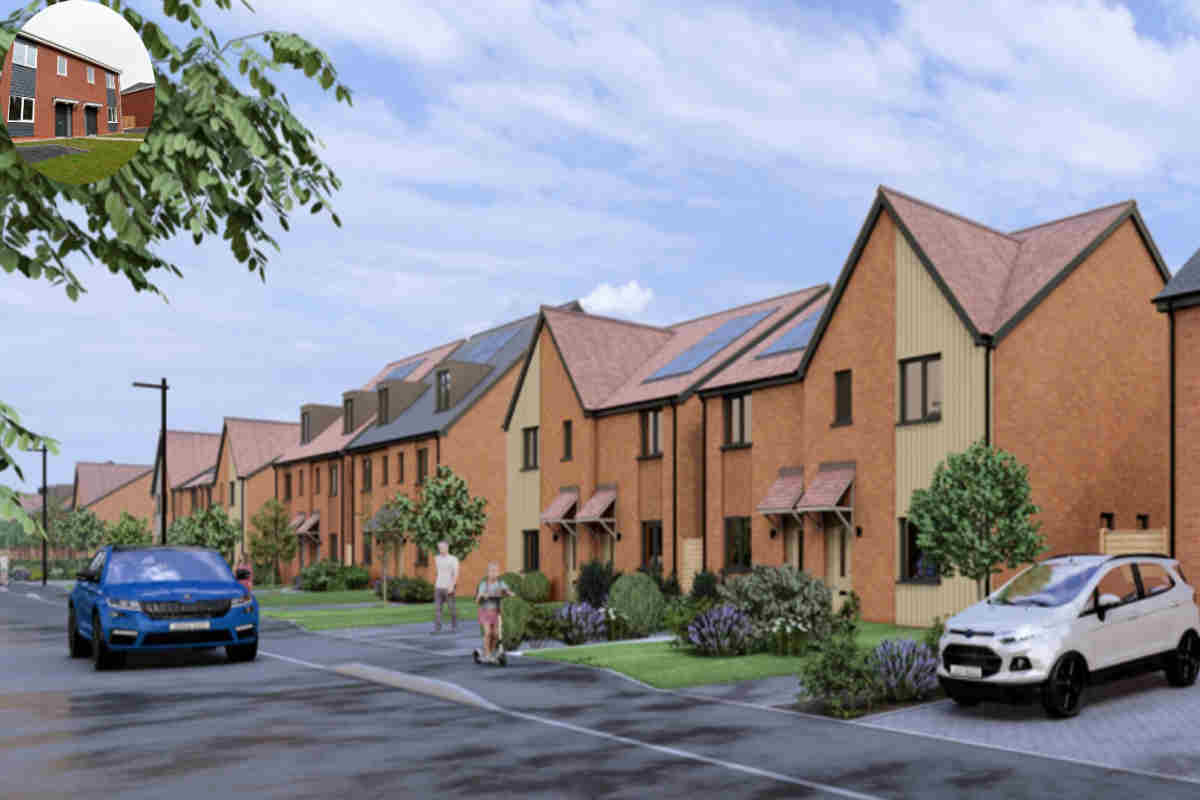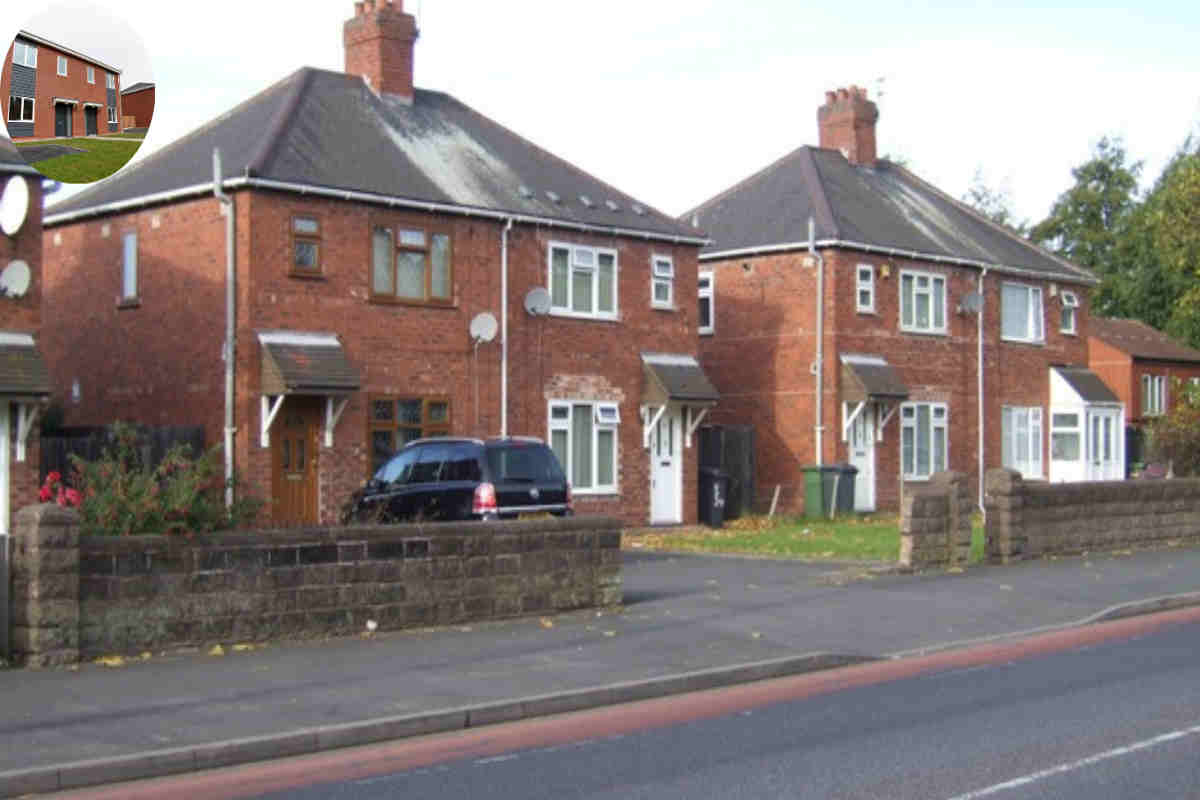Obtaining a council house in Wolverhampton involves navigating a complex and often lengthy process influenced by various factors, including priority status, property availability, and local housing policies. Due to a limited supply of council homes and high demand, applicants may face waiting periods ranging from several months to years, even if classified within priority bands. The City of Wolverhampton Council employs a housing allocation policy designed to prioritize those with the greatest need. Still, the actual duration to secure a home depends on factors such as the type and location of the property desired, the applicant’s flexibility, and the number of higher-priority applicants on the waiting list. Additionally, applicants must maintain their place on the housing register by responding to council communications and may be suspended if they refuse suitable offers. For larger families or those requiring specific accommodations, waiting times can be particularly extended due to the scarcity of suitable properties. While council housing remains a preferred option for affordable and secure tenure, applicants are often advised to consider alternative housing options, including private renting or applying to multiple councils or housing associations to improve their chances. This exploration aims to shed light on the typical duration and influencing factors for obtaining council housing in Wolverhampton, providing insight into the challenges and procedures applicants face in this local context.
The Demand for Council Houses in Wolverhampton
Wolverhampton is experiencing a significant demand for council houses. The city’s growing population and economic challenges contribute to this pressing need. Many residents seek affordable housing options, making the waiting list longer.
Many factors drive this demand, including rising private rental prices and stagnant wages. Families, young professionals, and vulnerable individuals are all vying for limited resources in the social housing sector.
The local authority’s efforts to address homelessness intensify competition for available properties. As more people turn to council housing as a solution, securing a place can feel increasingly daunting.
Community support initiatives also play a role in raising awareness about available services. However, despite these efforts, the gap between supply and demand remains wide. Understanding these dynamics is essential for anyone navigating Wolverhampton’s complex landscape of council house applications.
Factors Affecting the Duration of Obtaining a Council House
Several factors influence how long it takes to secure a council house in Wolverhampton.
The applicant’s circumstances play a significant role. Those with children or disabilities may receive priority over others. This prioritization can substantially shorten waiting times.
The availability of housing stock is another critical factor. In areas where demand surpasses supply, applicants often face longer waits. The type of accommodation needed also matters; larger homes are typically scarcer than one-bedroom units.
Local policies and regulations can further impact waiting durations. Changes in allocation rules or funding can shift priorities unexpectedly.
Seasonal fluctuations may create variations in wait times throughout the year. For instance, more applications tend to come during the summer when families prefer moving before school starts.
Understanding these elements helps set realistic expectations for those obtaining a council house in Wolverhampton.
You may also read (are house prices really falling in wales).
Waiting Time Statistics for Council Houses in Wolverhampton
Waiting times for council houses in Wolverhampton can vary significantly. Recent statistics indicate that some applicants wait several months, while others may experience delays extending to a few years.
The average waiting time often hovers around 12 to 18 months. However, this duration is not set in stone. Factors such as the number of available properties and your specific housing needs play crucial roles.
Categories like family size and medical requirements impact placement priority. Those with urgent needs might receive offers more quickly than individuals seeking standard accommodations.
As Wolverhampton attracts new residents, competition for council housing intensifies.
It’s essential to stay informed about current trends and statistics if you’re navigating this complex process. Understanding these dynamics can help manage expectations during your search for suitable accommodation.
Tips for Reducing the Wait Time for a Council House
To speed up your application for a council house in Wolverhampton, start by completing your paperwork. Double-check that all necessary documents are submitted.
Consider increasing your banding priority. This can be achieved through various means, such as employment or urgent housing needs. Engaging with local support services may help you understand what options enhance your status.
Stay proactive by regularly checking the online portal for updates on available properties and new policies. This ensures you’re always informed about potential matches.
Connecting with community groups can provide valuable insights from individuals who’ve navigated the same process. They might share strategies that worked well for them.
Maintain open communication with the housing department. Regular follow-ups show dedication to your application and inform you of any changes that could affect wait times.
You may also read (how can you buy an abandoned house).
Alternative Housing Options in Wolverhampton
Council houses are just one option for those exploring housing solutions in Wolverhampton. If the waiting time feels too long or you’re looking for something different, there are alternatives worth considering.
Private rentals can offer immediate availability. While prices may vary based on location and property type, this route provides flexibility and quicker access to housing. Plus, some landlords might be open to negotiation on terms.
Shared accommodation is another viable choice. This setup not only reduces costs but also fosters a sense of community. It’s ideal for single individuals or young professionals who enjoy social living arrangements.
Housing associations provide affordable rents similar to council houses without the lengthy wait times often associated with them. These organizations focus on delivering quality homes at lower prices while meeting tenants’ needs.
These programs often come with additional support services to help ease the transition into independent living.
As you navigate your options in Wolverhampton’s housing market, staying informed about various possibilities could lead to finding a suitable home sooner than expected.
You may also read (do you need a epc when selling a house).

